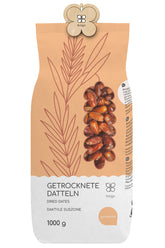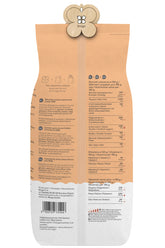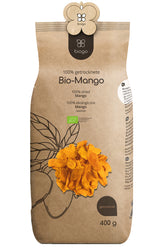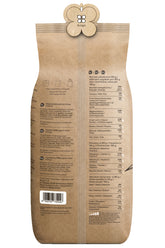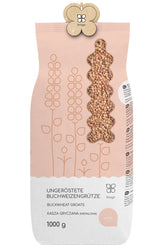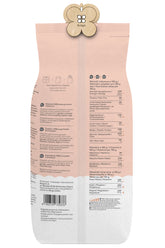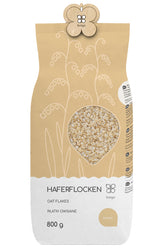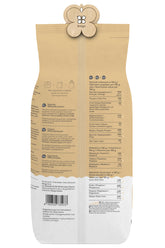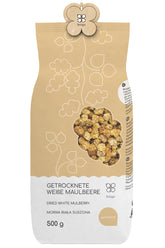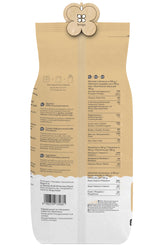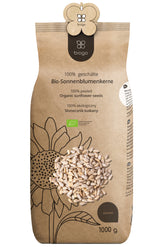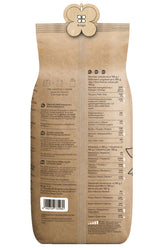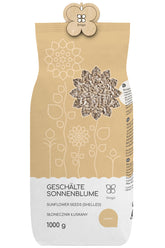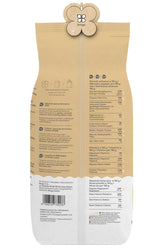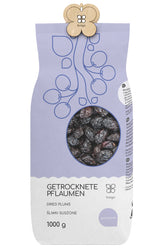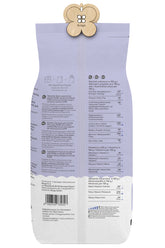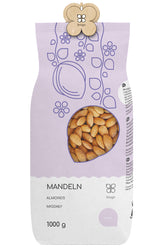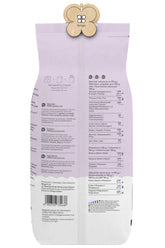Natural Clay Mask – How to make it yourself and what effect it has on the skin
Nowadays, natural skincare products are in greater demand than ever. Many people want to know exactly what is contained in their cosmetics and increasingly rely on purely plant-based ingredients. A particularly versatile and effective natural cosmetic ingredient is clay. In this blog post, you will learn how to easily make a high-quality clay mask yourself and what benefits it offers for your skin.
What is clay and where does it come from?
Clay, also known as cosmetic clay, is a natural mineral obtained from rock deposits. Depending on the place of origin and composition, different types of clay are distinguished, such as bentonite, kaolin, or montmorillonite. Clay is used not only in cosmetics but also in medicine, industry, and agriculture in diverse applications.
In natural cosmetics, clay is highly valued due to its unique properties. It has high adsorption power, meaning it can draw pollutants, heavy metals, and excess fat from the pores. At the same time, it supplies the skin with important minerals such as silicon, magnesium, calcium, and iron. Depending on the type of clay, additional positive effects may occur, such as anti-inflammatory or circulation-promoting effects.
How do you make a clay mask yourself?
A clay mask can be prepared very easily by yourself. For this, you only need the following ingredients:
- 2-3 tablespoons of clay (depending on skin type and desired effect)
- Some water or plant milk
- If necessary, essential oils or other additives
Put the clay in a bowl and gradually stir in enough liquid until a creamy, smooth paste forms. Depending on skin type and desired effect, you can also refine the mask with essential oils, honey, aloe vera, or other natural ingredients.
Now apply the clay mask evenly to the face, neck, and décolleté. Leave it on for 10-20 minutes until completely dry. Then rinse the mask thoroughly with lukewarm water. Finally, it's recommended to nourish the skin with a caring cream or oil.
What types of clay are there and which skin types are they suitable for?
Depending on skin type and condition, different types of clay are particularly suitable. Here's an overview of the most common clay types and their effects:
Bentonite clay
Bentonite is a very fine, absorbent clay that effectively draws out impurities and excess oil from pores. It is therefore excellent for oily, blemish-prone skin with blackheads and acne.
Kaolin clay
Kaolin is a very mild clay that is well-suited for sensitive, dry, or irritated skin. It has cleansing but not overly intensive effects and supplies the skin with important minerals.
Montmorillonite clay
Montmorillonite clay is particularly rich in minerals like calcium, magnesium, and iron. It is therefore well-suited for mature, demanding skin that benefits from additional nutrients.
Green clay
Green clay, also called healing earth, has a mildly anti-inflammatory and circulation-promoting effect. It is suitable for combination skin, acne, and couperose.
Red clay
Red clay contains a lot of iron and has a stimulating, circulation-promoting effect. It is well-suited for tired, dull skin and can lighten pigmentation spots.
When and how often should one use a clay mask?
A clay mask can be well integrated into your weekly skincare routine. 1-2 times per week is generally sufficient to thoroughly cleanse and nourish the skin.
Make sure to always apply the mask to clean, dry skin. Avoid contact with eyes and sensitive skin areas. After use, you should nourish the skin with a caring cream or oil, as clay can somewhat dry out the skin.
It's best to start with a mild clay like kaolin and gradually increase the intensity until you've optimally cared for your skin type. Listen to your skin's needs and adjust the application as necessary.
Conclusion
Clay masks are an excellent way to naturally and effectively cleanse, nourish, and supply the skin with important minerals. They can be easily made at home and customized to individual skin types. Try different types of clay and find the perfect mask for your skin!

